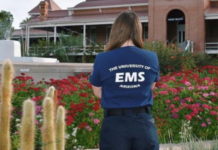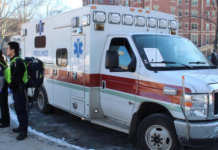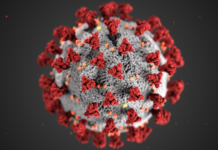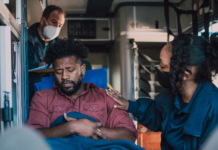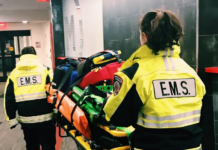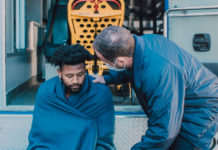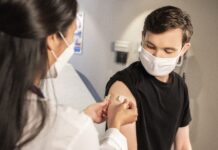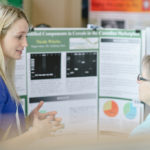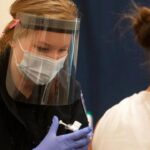Comparing Patient Evaluations by a Municipal and a Collegiate-Based Emergency Medical Service
This study assesses UAEMS’ patient evaluations when referenced to Tucson Fire, the local municipal agency.
Labor Trafficking and the Role of the EMS Professional
While EMS professionals have not received any training in human trafficking, they are in a unique position to identify trafficked persons, gaining a view of the patient’s out-of-hospital environment not visible to most other healthcare providers.
COVID-19 Sequelae in a Nineteen-year-old Male
The authors examine the case of a previously healthy 19-year-old university student and e-cigarette user who was diagnosed with COVID-19.
Towards Anti-Racist Prehospital Healthcare
This article outlines the steps which Dartmouth EMS has taken to educate our members on socially just and racially inclusive emergency medicine.
Evaluating the Content and Quality of Emergency Medical Services Oral Patient Handoff Reports
There exists no universal criterion for the patient data to be presented from EMS to hospital Emergency Department (ED) personnel. This study seeks to ascertain what patient data is orally reported by EMS to ED personnel.
Determinants of Volunteer Collegiate-Based Emergency Medical Service Budget Size
This unique study examines determinants of budget size and budget sources for a cross-section of collegiate EMS agencies.
Creating a Protocol for Campus EMS Response to Mental Health Complaints
The authors share their experience with developing a mental health response framework for their collegiate EMS service.
Establishing a Collegiate Emergency Medical Service
Ferdowsian et al. share their experience establishing a new EMS team at the Claremont Colleges.
Lessons from Early Vaccination of Campus EMS Providers at the University of California, Davis
Mills et al. highlight UC Davis' experience with the vaccination of campus first responders against COVID-19.
Predicting Patient Volumes at Collegiate Football Games
Renko et al. create a model to predict patient volumes at collegiate football games to help aid EMS in planning.

